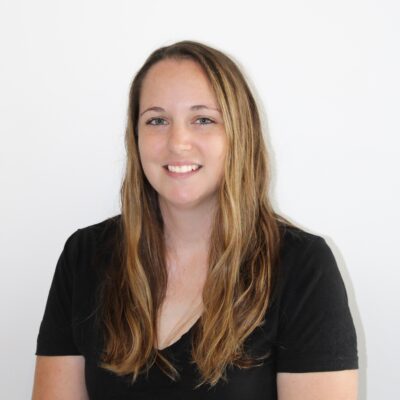Position: PDP Postdoctoral Research Fellow: South African Institute for Aquatic Biodiversity.
We rely on marine systems for food and other services and at the foundation of these ecosystems are phytoplankton. Changes in phytoplankton communities are seen higher up on the food web and, in extreme cases, can affect our food security and the livelihoods of many communities. Harmful algal blooms (HABs) are an example of an extreme shift in the phytoplankton community where one species outcompetes the rest and has detrimental impacts on ecosystems. An extreme example is the HAB experienced in Algoa Bay in 2014 where a species not normally found in the Bay extended its range from the tropics to Mossel Bay. Since 2014 this HAB has recurred each summer as it can remain dormant in the sediment.
Dr Ross-Lynne Gibb joined SAIAB as a postdoctoral researcher in 2022. Her interest is in phytoplankton ecology and, more specifically, HABs and their effects on other organisms. Currently little is known about the HABs in Algoa Bay and associated estuarine systems. Her research involves the phylogenetics of HAB species within estuarine and coastal systems. Dr Gibb’s research will inform the consequences of these HABs on the surrounding bacteria and phytoplankton communities. This work improves our understanding on how HABs affect our livelihoods and perhaps will elucidate mitigation measures.
Dr Gibb completed her undergraduate studies (BSc), Honours (BSc Hons) and Masters (MSc) degrees at Nelson Mandela University. Her PhD was completed at Rhodes University and examined the spatial-temporal variability of phytoplankton communities related to environmental fluctuations, using metabarcoding and microscopy techniques. The research offered a snapshot view into the microbial community dynamics within the Agulhas Current and Algoa Bay.
Education
Degree | Institution and location | Graduated |
BSc. Biological Science | Nelson Mandela Metropolitan University | 2014 |
BSc. (Hons) Zoology | Nelson Mandela Metropolitan University | 2015 |
MSc. Botany | Nelson Mandela University | 2017 |
PhD. Microbiology | Rhodes University, Makhanda | 2023 |
